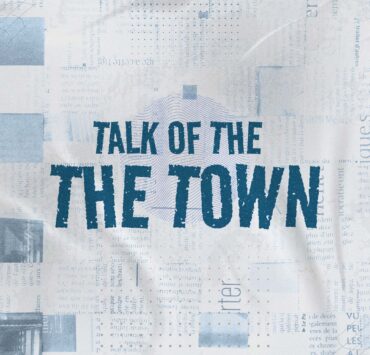Corruption: An assault on the innocence and potential of youth

The vibrant laughter of Filipino children often masks a deeper, unseen burden—the heavy toll exacted by corruption in government. While public discourse frequently frames corruption as an economic or political problem, its most insidious consequence festers in the developing minds and spirits of our youth. These “unseen scars” manifest as profound psychological and social damage, quietly eroding the very foundation of our nation’s future. It is imperative that we, as a society, confront this hidden crisis with the urgency it demands.
Corruption siphons away public funds for vital services, distorts justice, and undermines meritocracy. These actions are not abstract; they have tangible, devastating ripple effects that impact the environment in which our children grow. When resources meant for schools, hospitals, and social welfare programs are diverted into private pockets, it is the most vulnerable among us—our children—who pay the ultimate price.
Consider the direct deprivation: inadequate classrooms, scarcity of textbooks, and underpaid teachers in public schools. Children are denied the quality education that could lift them out of poverty, instilling a sense of inherent disadvantage. Similarly, the pilfering of health-care budgets means fewer medicines, dilapidated clinics, and insufficient medical personnel, leaving countless young Filipinos susceptible to preventable diseases and chronic health issues.
Children witness the stark disparities—the ostentatious wealth of the corrupt juxtaposed with the pervasive struggle of honest citizens. This observation can sow seeds of cynicism and hopelessness, making them question the fairness of the world and their ability to succeed through legitimate means. The dream of a better life, often sustained by hope, is eroded by the reality of pervasive graft.
The constant struggle faced by parents to make ends meet, a struggle often exacerbated by corrupt practices that stifle economic opportunities, casts a long shadow over the household. Children absorb this chronic stress and anxiety from their primary caregivers, internalizing a sense of insecurity and fear for the future. This emotional burden can manifest as behavioral problems, depression, or a pervasive feeling of powerlessness.
The pervasive presence of corruption chips away at the essential trust required for a functional society. Children learn to distrust authority figures, institutions, and even the concept of justice itself. When they see integrity go unrewarded and dishonesty flourish, their moral compass can become skewed, making it difficult for them to differentiate right from wrong in a world that seems to celebrate the latter.
Corruption serves as a primary engine of social inequality and persistent poverty. It ensures that opportunities remain concentrated among a select few, while the majority, especially the young, are denied their fundamental rights to a prosperous future. This perpetuates a vicious cycle, where children are robbed of the tools they need to break free from the constraints of their circumstances tomorrow.
We cannot afford to remain complacent. The psychological and social scars inflicted by corruption on Filipino children are not mere statistics; they represent a stolen future, a diminished potential, and a moral failing that will haunt generations. Our collective responsibility is to champion transparency, demand accountability, and participate in the fight against corruption, not just for economic prosperity, but for the very soul and future of our nation.
Let us recognize these “unseen scars”: a direct assault on the innocence and potential of our youth. Only by dismantling the corrupt systems that perpetuate this harm can we truly heal these wounds and build a society where every child has the opportunity to thrive, free from the shadow of unbridled greed and injustice.
REGINALD B. TAMAYO,
reginaldtamayo@yahoo.com

















A two-pronged attack on corruption